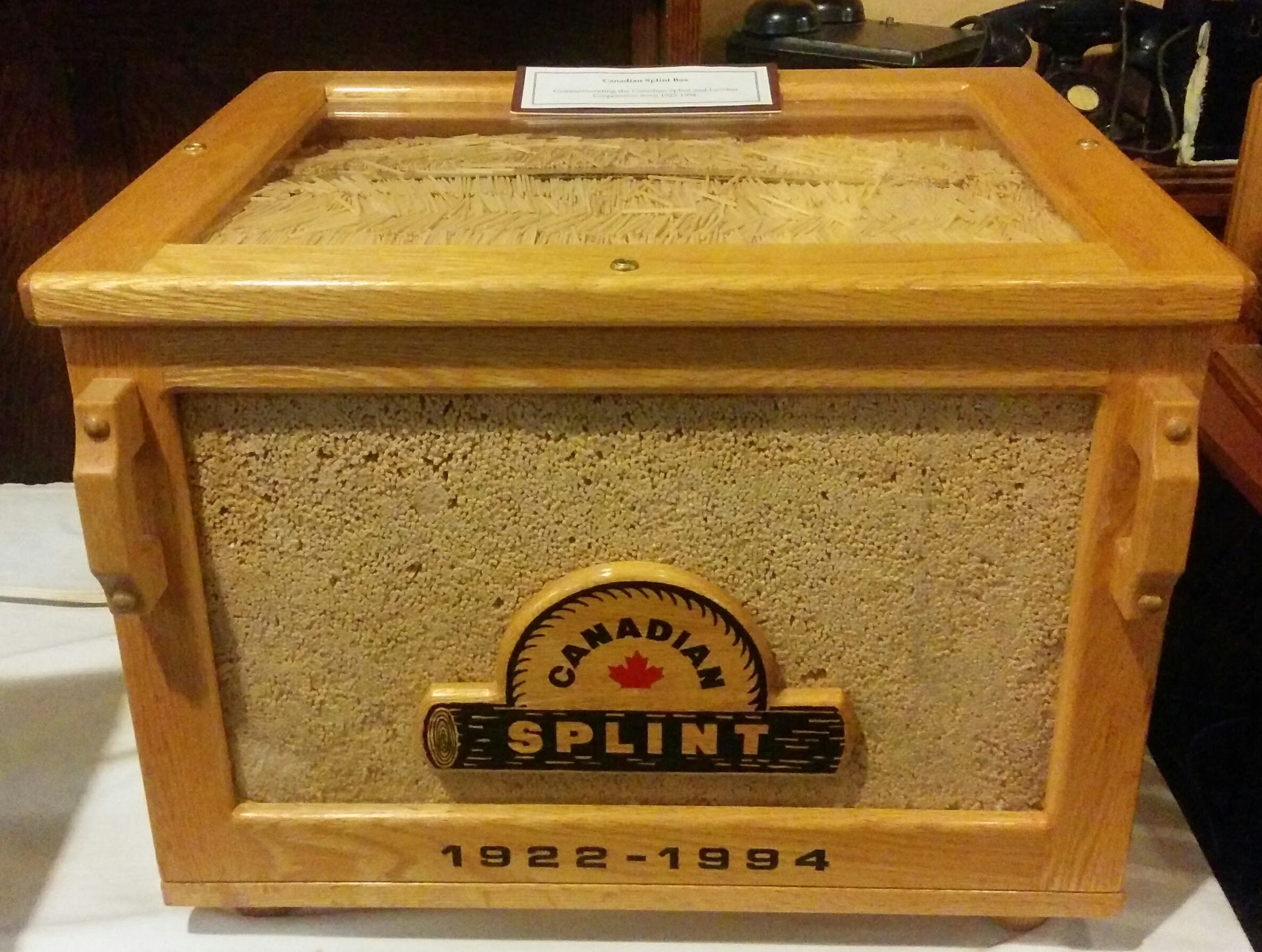Uncertainty
At its height, Canadian Splint employed over 400 workers consisting mostly of Pembroke locals. A division of Eddy Match, Canadian Splint was also owned by the Stockholm based company Swedish Match. And like its Eddy cousin, Canadian Splint met its match in a dying market. Canadian Splint's success was its downfall. The company was known for its ability to produce "match sticks by the billion." In the span of several hours, they could produce millions of match splints. Combined with a market that was not using matches as it once had, Canadian Splint could not afford to stay open. In a story too often repeated in Pembroke's industrial history, workers saw the decline coming for years. The company believed the popularity of plastic lighters led to its downfall. In 1994, Canadian Splint closed its doors leaving 56 workers without jobs.
1994